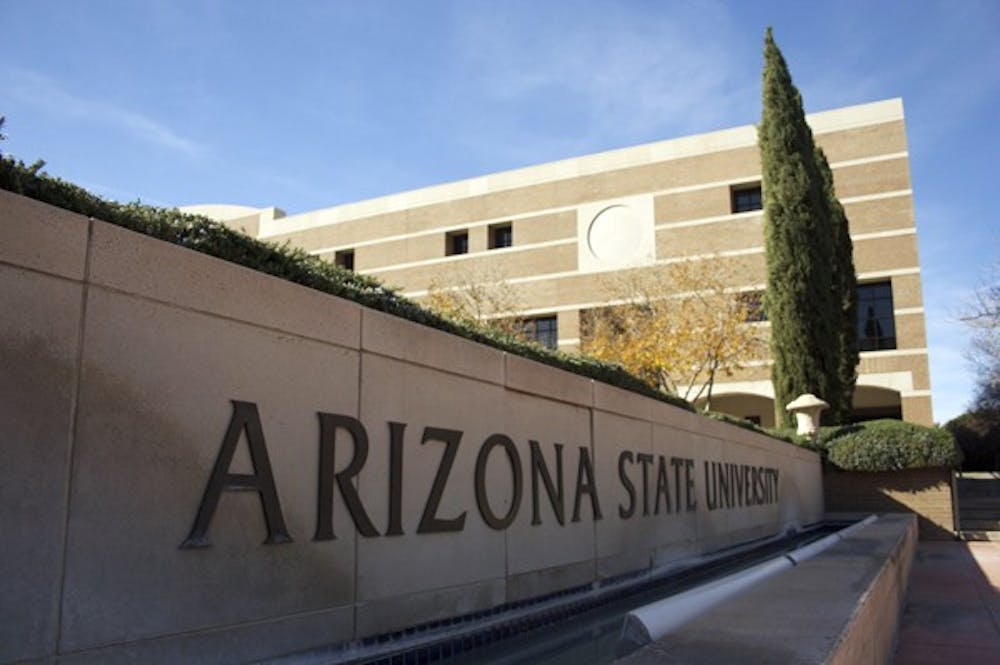A faculty-started business is bringing video game technology to classrooms, but ASU students are a little too old to enjoy it.
SMALLab Learning, a company founded by David Birchfield with support from professor Mina Johnson-Glenberg, both from the School of Arts, Media and Engineering, recently received a $500,000 grant to continue developing the technology. Its use is for K-12 classrooms and includes utilizing Kinect for Xbox 360 skeletal tracking cameras in conjunction with interactive whiteboards.
SMALLab classrooms rely heavily on this technology to create a virtual learning environment.
“We’ve done research over the years and found that many schools want technology like SMALLab to reach students,” Birchfield said.
The SMALLab technology is already in use in several schools, including a small New York public school called Quest To Learn, which was featured in September’s New York Times Magazine.
According to the article, participating in the SMALLab sessions is similar to playing a game from within the game itself. Students learn topics such as Earth science by studying digital rocks rather than reading from a textbook.
So far, four scenarios using the SMALLab technology are listed on the company’s website: a chemistry titration lab where students grab virtual molecules and insert them into a flask; a velocity matching scenario; a game for autistic students that involves passing a Roomba robot back and forth; and a lab on light waves to teach about the correspondence between the lengths of waves and colors by moving farther apart.
“We mainly focus on STEM (science, technology, engineering and mathematics), but we also have scenarios for language arts and a special program for autistic children,” Johnson-Glenberg said.
So far, the company has developed 25 scenarios with the help of several other faculty members and four active graduate students.
In Arizona, SMALLab classrooms are set up at ASU, Phoenix Country Day School and Coronado High School. A new SMALLab will soon be in a Chicago junior-senior high school, ChicagoQuest.
SMALLab Learning received help from ASU Venture Catalyst and Arizona Technology Enterprises, which support start-up companies and manage intellectual property for ASU, respectively.
Charlie Lewis, vice president of Venture Development at Arizona Technology Enterprises, said his organization supports faculty members when they wish to commercialize an idea, and in cases like this where the idea is marketable, the organization helps set up a company.
“Their approach to education is very revolutionary,” Lewis said. “It uses physical and psychological experience for learning, which is really exciting.”
The program may be new, but the creators said they see it lasting.
“Because all content is designed to be engaging, (SMALLab) will be very popular,” Johnson-Glenberg said.
Reach the reporter at julia.shumway@asu.edu or follow @JMShumway on Twitter
Like The State Press on Facebook and follow @statepress on Twitter.




